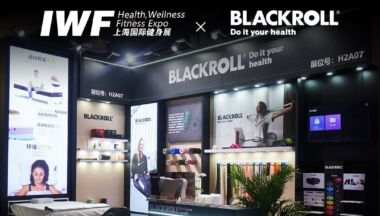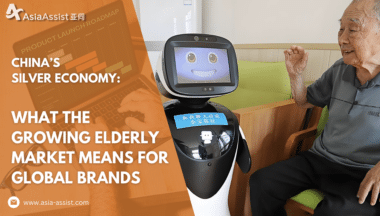Advertising Cosmetic and Beauty Products as “Medical” banned in China
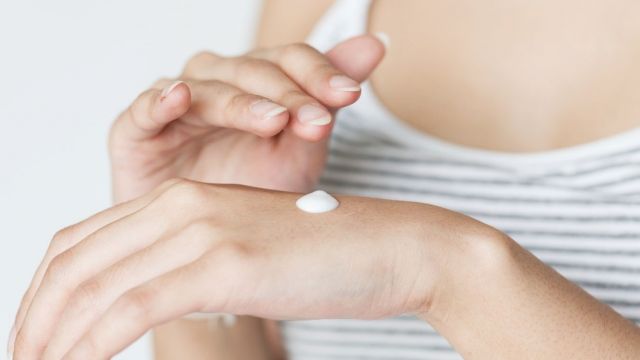
China’s Food and Drug Administration (CFDA) has issued several new regulations which will have a huge impact on the marketing of cosmetics in China. One of the most notable changes is that it is now illegal to claim that beauty products have “medical benefits”.
With the new regulations, China tries to keep up with global FDA standards. Most nations in the world do not allow these medical claims, making a clear distinction between cosmetic products and pharmaceutical products. This step ensures that foreign markets remain accessible for Chinese manufacturers.
Good timing
The move by the CFDA is perfectly timed, as the medical cosmetics trend is just starting to gain momentum in China. The industry has tripled from US$ 3.4 billion in 2013 to US$ 9.7 billion in 2017.
It is not likely that the decision by the CFDA will harm the industry, though. Demand for cosmetics is growing rapidly. Market experts expect that the market for cosmetics will continue to grow, regulations or not. That makes sense when you compare the Chinese market to that of other markets. At the moment, medical cosmetics make up no more than approximately one-fifth of China’s domestic cosmetics market. In other markets, such as Europe, the US and Japan, “medical” cosmetics (labels as doctor-approved, or prescription drugs” have already conquered about 50-60% of the domestic markets.
Stern warning: it is illegal
The National Medical Products Administration (which is part of the CFDA) is very clear in their statements regarding the new policy: Any cosmetic product which has a registered name which relates to either “medical cosmetics (药妆)” or “medical skincare products (医学护肤品)” is illegal.
Also, any product which claims any medical effect on its labels, makes medical claims in marketing campaigns is now considered illegal. The government body also stated that it is no longer allowed to refer to any cosmetic ingredient as having any medical characteristics. An example of this is EGF (epidermal growth factor), an ingredient used widely in skincare products because it allegedly speeds up the recovery of wounds.
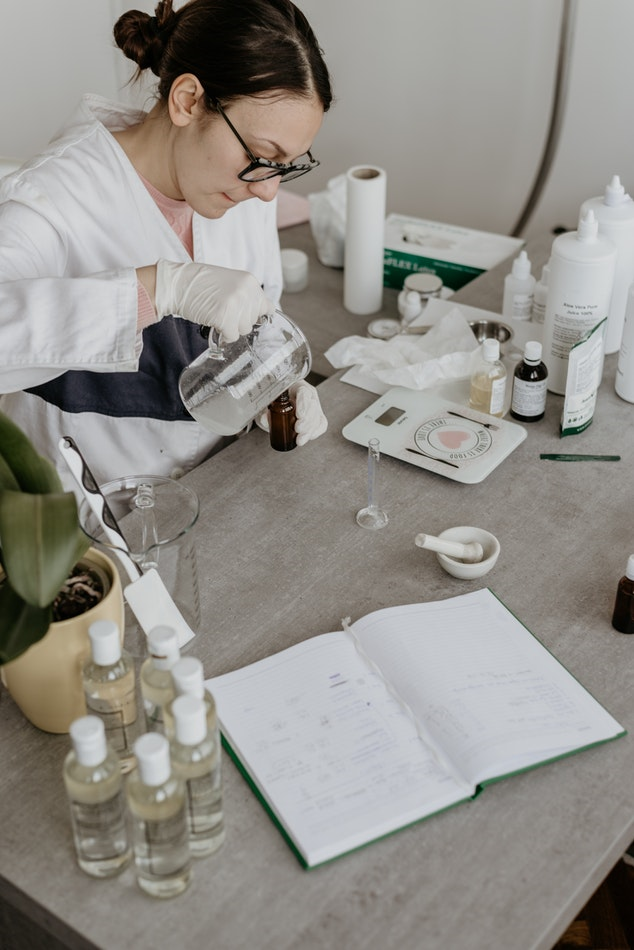
Vague
Brands in the United States have been creative in advertising their products as medical, without making any actual medical claims. Mainly, they promote cosmetics by using vague words, such as “restorative”. But without the legislation currently in place, many brands would not hesitate to use the phrase “medical”.
So while the new law makes it illegal to use certain words, it’s not likely that the basic approach of marketing cosmetics will change significantly. In the end, brands will present their products in the most favourable way possible, using words which will leave the consumer with a certain impression about the effects of the product.
Chinese Platforms swift to adapt
It has taken the largest Chinese sales platforms very little time to respond. Taobao, the popular e-commerce platform quickly sent a message to sellers informing them that Taobao will block all searches for “medical cosmetics (药妆)” on their website. Potential clients searching for these keywords will no longer get any results. Other e-commerce platforms, including Vip.com have done the same. Some platforms have been a bit slower, searches on药妆 still generate results on notable e-commerce platforms like JD.com and the popular Tmall.
Brands move quickly
It is not just the platforms which react rapidly, famous cosmetic brands show a surprising agility and swiftness as well. Several Chinese websites already report that famous brands such as Vichy and La Roche-Posay have removed all medical claims from their corporate websites.
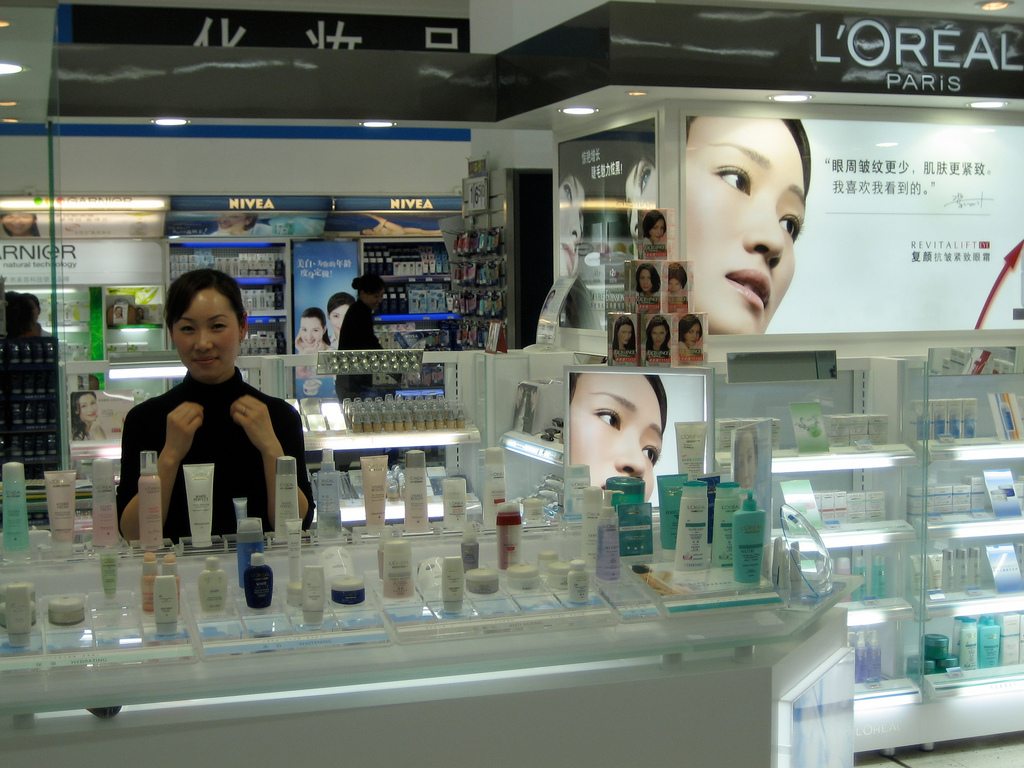
Keeping them on their toes
It is a good thing that governments act to make sure there is no false advertising done by brands, or to guarantee all ingredients used in Chinese cosmetic products are safe. But it is not just governments that keep an eye on the cosmetics industry anymore. Consumers have another source that they rely on for information about beauty products: scientific beauty bloggers (and vloggers). These bloggers and key opinion leaders use science to determine what cosmetics really do, thus demystifying the industry.
There have been examples where these bloggers have played a vital role in keeping the market safe for consumers. Take Hao Yu, a very popular beauty blogger that decided to sue La Mer. Hao Yu claimed that, in their Chinese advertising campaign, this luxury cosmetics brands made claims about the effect their products which were wildly exaggerated. The lawsuit tanked the sales in China of products claiming restorative effects. The earnings reports of Estée Lauder (the parent company of La Mer) show that the La Mer-brand name was worth well over a billion US$ in the fourth quarter of 2018. The main driver: Chinese consumers.
This example clearly shows why it is important to have legislation which sets boundaries to what brands can claim. And even though this may slow down the Chinese cosmetics industry a little at first, the long-term perspective looks bright. This change, though painful at first, will prove to strengthen the industry.
We are here to help
At AsiaAssist we help companies & brands to enter the Chinese e-commerce market. Our professionals in Rotterdam and Shanghai offer full service e-commerce solutions. This means that we can take care of everything from registration to logistics and from customer service to online marketing. Interested in growing your brand awareness on the Chinese market ? Contact us Today.

